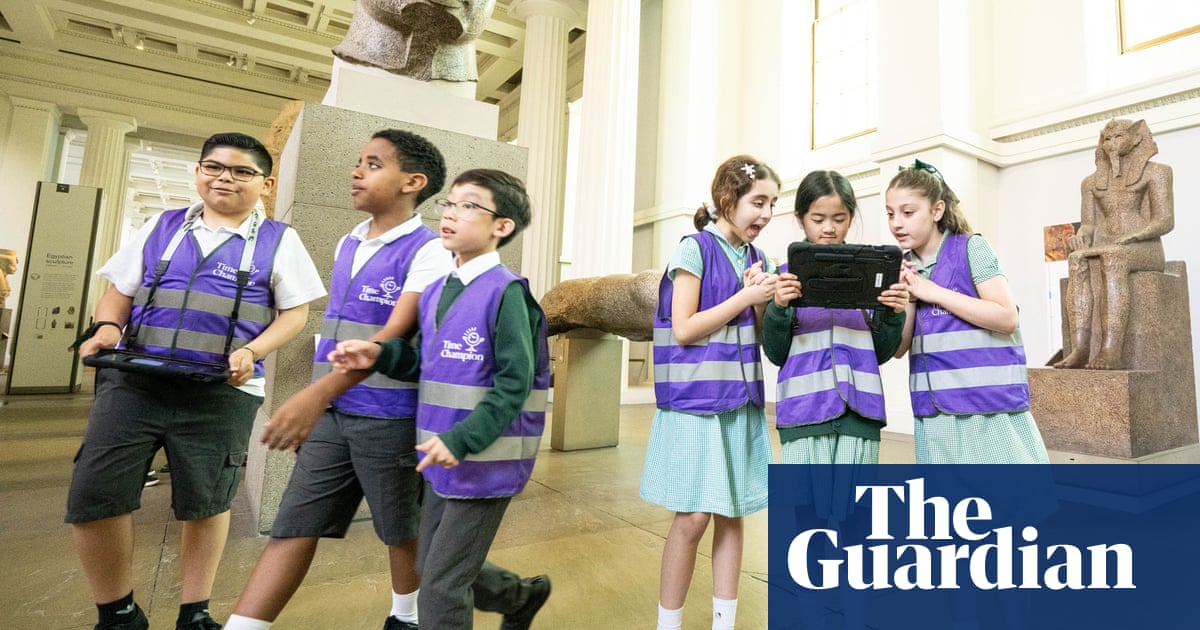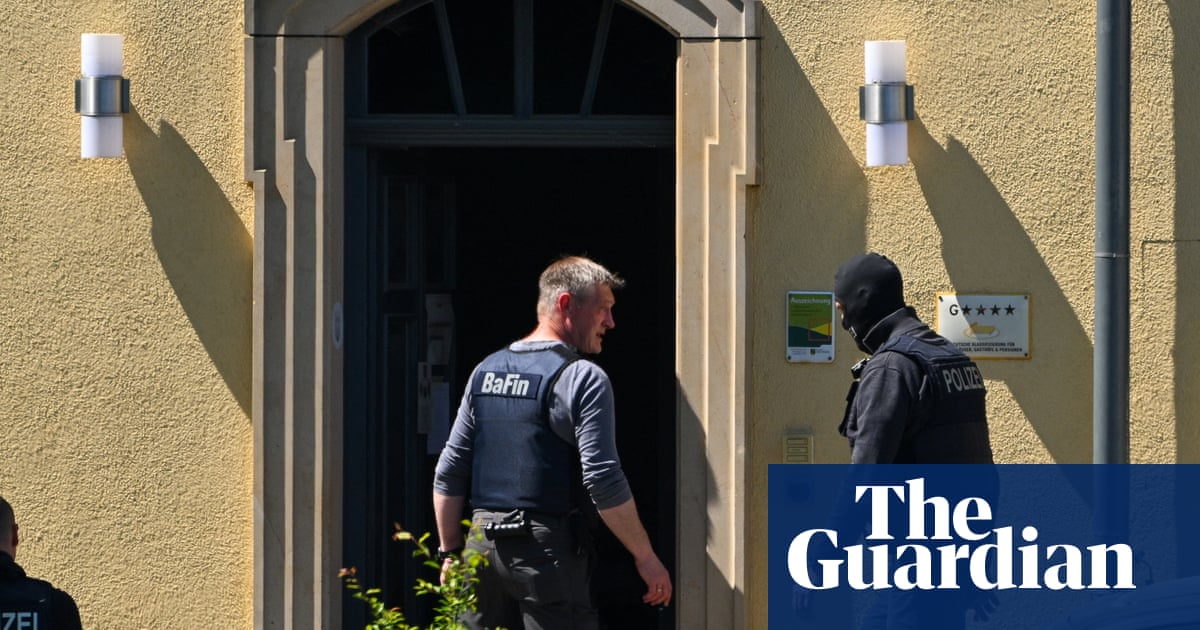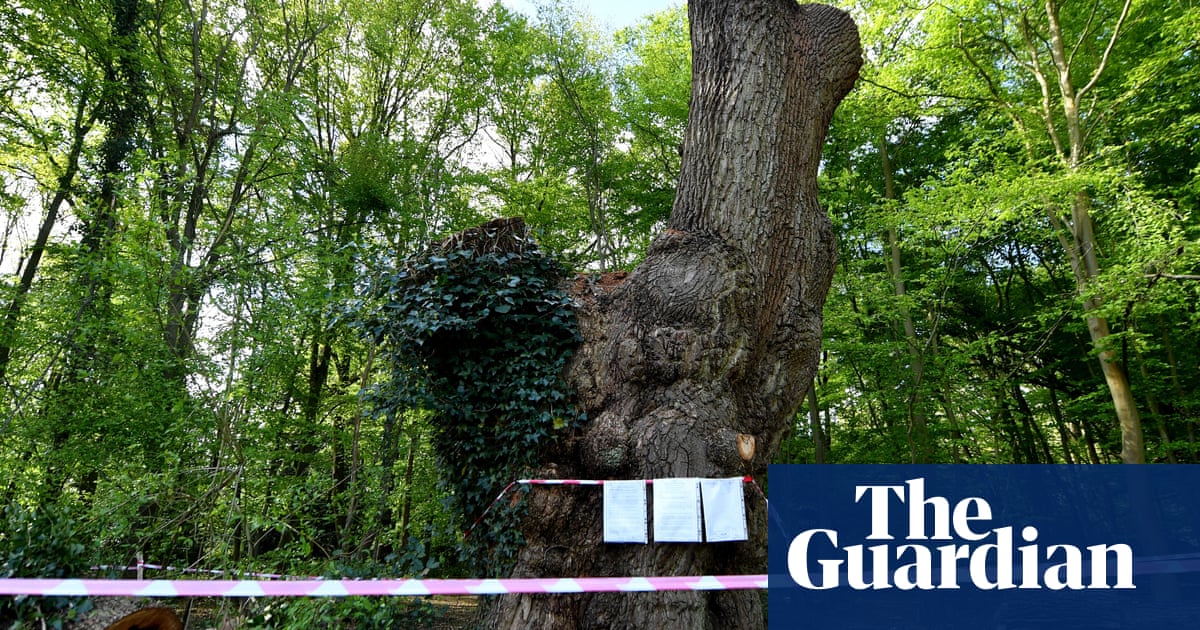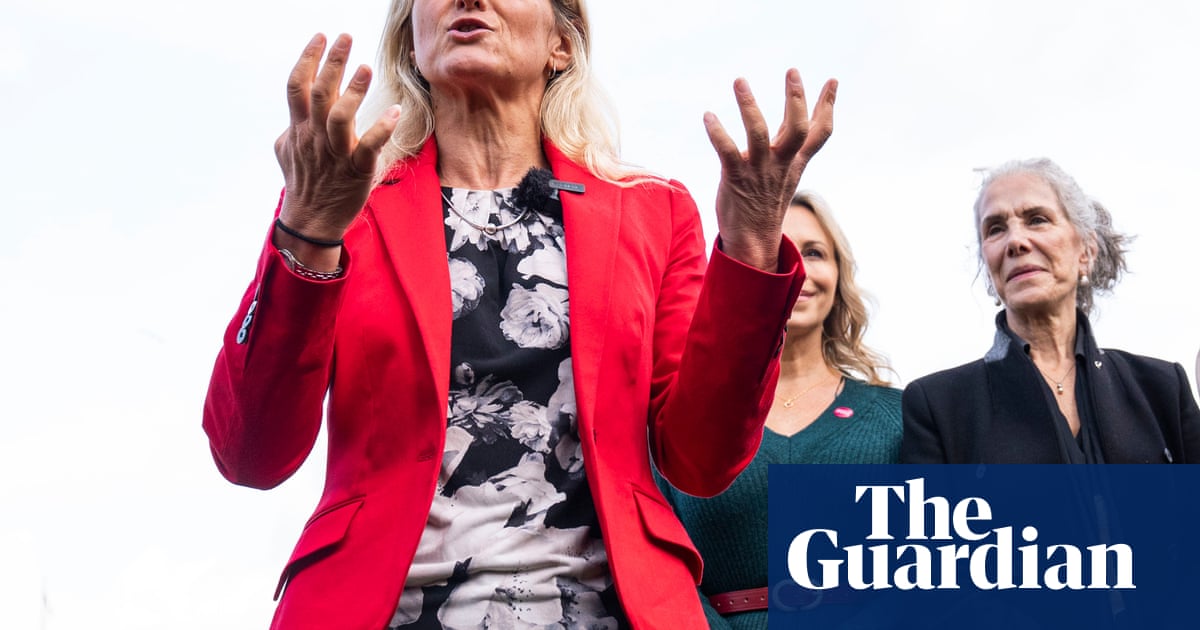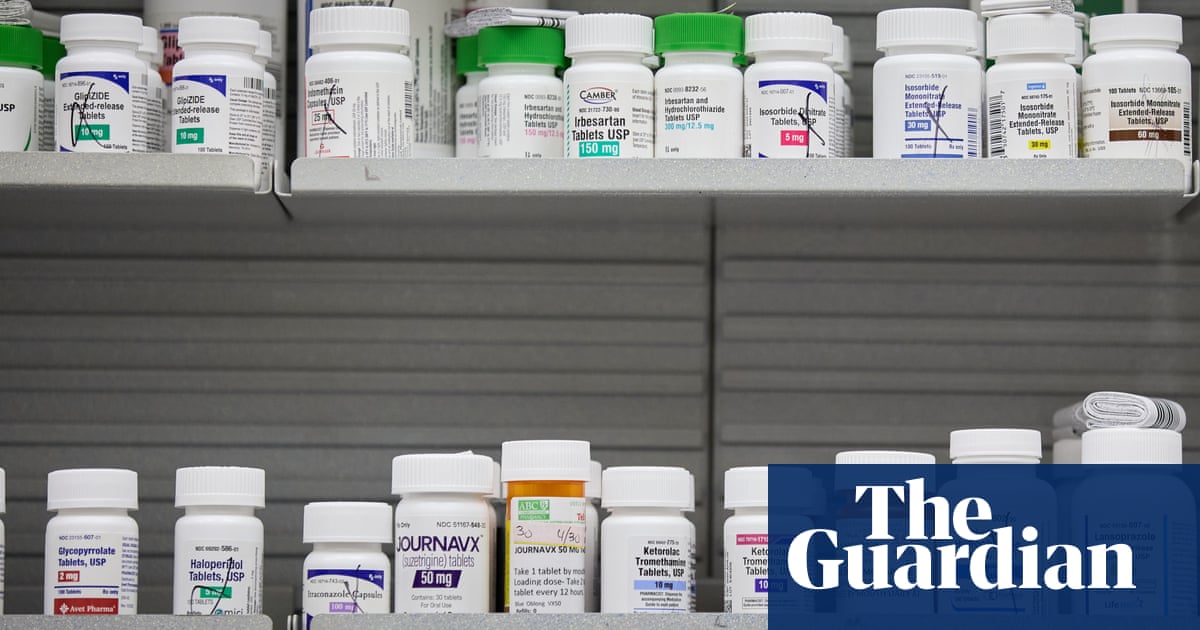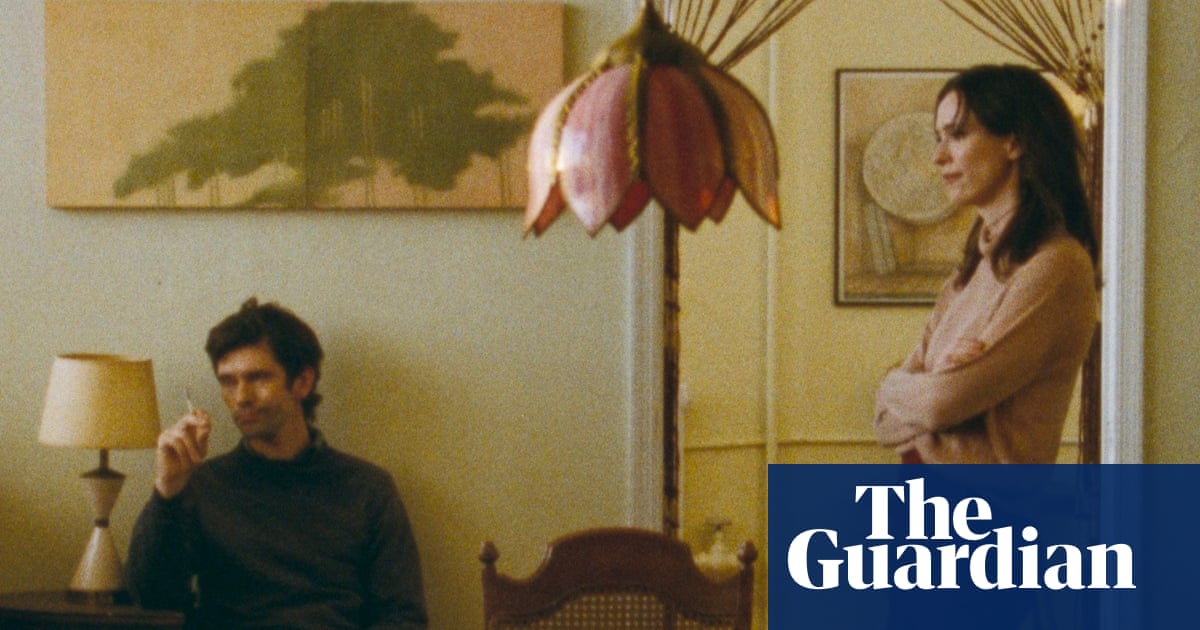Holly Dawson was suffering from seizures and having trouble retaining information and remembering faces. Brain scans revealed a damaged hippocampus and a tumour, probably benign. To improve her memory, doctors asked her to look at strings of numbers, and then reel them off backwards – an exercise she likens to “Cognitive Crufts”. She ruminates on the relationship between language, memory and time: “three gifts, co-dependent, that create and sustain each other”. Her first book, All of Us Atoms, is a memoir in snapshots, sketching a rough portrait of her life through a series of scattered recollections and reflections.
Dawson’s story begins in an unnamed industrial town, where the closure of the local steelworks had produced a surplus of “angry bored men, making mothers out of their wives”; her family decamped to a Cornish fishing village, where she spent the best part of her childhood. As a youngster she was “serious and odd” – morbid, obsessed with the past, a little solipsistic. Hers was among the last generations of pupils to access private schooling via the Assisted Places Scheme, shortly before it was discontinued by the Thatcher government. She later moved to rural East Sussex, where she is currently “reader-in-residence” at Charleston.
In a life marked by change and uncertainty, the family unit was the one constant. Dawson writes with tenderness about her younger brother, and credits her grandmother with teaching her to “hold real life lightly and imaginative life tight”. At the age of 16, she had been on the verge of joining a prestigious ballet school, but turned it down at the last minute because it would mean being away from her family. Although the admissions process had been long and arduous, she couldn’t go through with it. She has no regrets. She saw herself, her mother and her brother as three parts of a single entity: “Put them together, and their triangle keeps them safe.”
This all feels very intimate, and at times the reader has the uncomfortable sense of snooping on personal correspondence. The sentimentalism occasionally cloys; an extended metaphor about how children are a bit like satsumas is laboured to the point of embarrassment. In one three-page chapter, Dawson lists the most beautiful sounds she has ever heard in a series of unpunctuated, single-line paragraphs, written entirely in lower case. (“a japanese garden the breeze through the cherry trees the trickle of tea into porcelain cups”.)
The narrative voice changes from one chapter to the next. Early on in the book, Dawson’s brain addresses her in the second person, reproaching her for running it into the ground through lack of self-care; later, she’s a third-person character, denoted by reference to her role – “The Sister”, “The Dancer”, “The Mother”, and so on. She adopts a slightly stunted vocabulary for childhood recollections: her body turns “erupty skinny red” and she “gets all sick hot dizzy volcanoey” during bouts of illness; she writes of her “you-ness”, “is-ness” and “we-hood”, presumably because her younger self doesn’t know the grownup words for these concepts.
This reticence about using “I” in an autobiographical work is intriguing. The blend of second- and third-person voices imbues the narration with an evasive, deflective quality – it’s the literary equivalent of avoiding eye contact. Dawson mentions in passing that she tended to view the world in gendered terms (“Men/Bad, Women/Good”), but doesn’t feel the need to unpack this. Although her apparently formative obsession with Virginia Woolf is referenced at several points, we are not told what it was about Woolf’s work that resonated with her. It’s just not that sort of memoir; the author is more interested in aestheticising the process of recall itself than imparting information.
All of Us Atoms is best understood as a sort of love letter. The central theme is human interdependence – the idea, hinted at in the book’s title, that our sense of self is largely shaped by the roles we perform in our relationships with others. Axiomatic, perhaps, and borderline platitudinous, but it bears repeating. Caring is the only truly important thing we do in every phase of our brief time on Earth – “This constant procession of becoming and unbecoming. From each to each a legacy.”
after newsletter promotion

.png) 4 hours ago
3
4 hours ago
3









